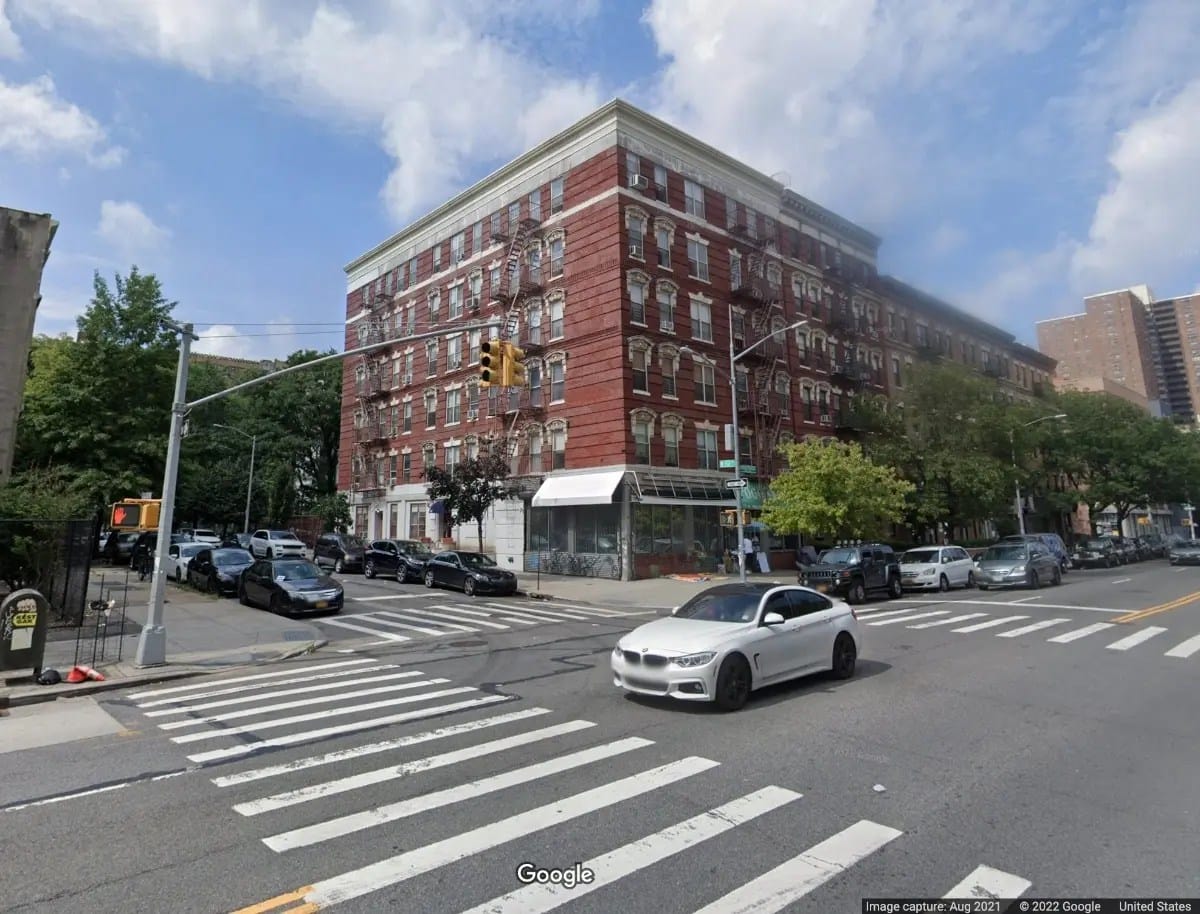Against the backdrop of Harlem’s drug legacy, Shakeem Parker, once an accused murderer, walks free, leaving behind unanswered questions about the death of kingpin Alpo Martinez.
Road Rage or Retaliation? Unpacking the Trial of Shakeem Parker
The name Shakeem Parker might not mean much outside the streets of Harlem, but within this New York City neighborhood, it evokes a maelstrom of speculation and intrigue. Parker found himself at the center of a murder trial that captivated the city and beyond, accused of taking down a figure straight out of a crime thriller: Alberto “Alpo” Martinez, a notorious drug lord turned federal informant.
The prosecution’s narrative seemed straightforward: a heated encounter between Parker and Martinez, fueled by a simmering grudge, allegedly stemming from a prior road rage incident. They painted a picture of Parker as a man fueled by revenge, seeking to settle the score. Witnesses placed him at the scene, his cell phone records putting him in the vicinity, but the evidence, like whispers in the wind, lacked the concrete solidity needed for a conviction.
Adding fuel to the already blazing fire of speculation was Martinez’s own past. As a drug lord who reigned over Harlem in the 1980s, he amassed a body count and a roster of enemies as long as a city block. His decision to turn informant, betraying his associates to save his own skin, only solidified his controversial legacy. Could his past have finally caught up with him, a ghost of his own making returning for a final reckoning?
The Life and Crimes of Alpo Martinez: From Harlem Streets to Federal Informant
To understand the intrigue of the Shakeem Parker trial, one must first delve into the life and times of Alpo Martinez. Born in 1966, Martinez’s story reads like a classic cautionary tale: a young man seduced by the allure of easy money and power on the unforgiving streets of Harlem. He rose through the ranks of the drug trade with an ambition that bordered on reckless, his name soon synonymous with both wealth and violence.
Martinez’s empire stretched from New York to Washington D.C., built on a foundation of cocaine and crack. But his ascent was paved with blood, including the murder of his close friend Rich Porter, a betrayal that would stain his reputation even among those who lived by the code of the streets.
Facing a lengthy prison sentence, Martinez made a deal with the devil, turning informant for the FBI in 1991. He traded information for a reduced sentence and a new life under witness protection, leaving behind a trail of broken lives and unanswered questions.
His return to Harlem in 2015, after decades in hiding, was a move met with equal parts shock and morbid fascination. Why would he risk returning to the scene of his crimes, a living reminder of a past many wished to forget? Some whispered of remorse, of a desire to make amends, while others suspected he was drawn back by the allure of the streets, seeking a taste of his former glory.
Unlocking The Night of the Murder: A Drive-by on Halloween
The night of October 31, 2021, was shrouded in a darkness deeper than the usual Halloween shadows. Alpo Martinez, the ghost who had returned to haunt Harlem, was gunned down in a drive-by shooting. His bullet-riddled body was found slumped over the wheel of his truck, his past sins seemingly catching up with him in a blaze of gunfire.
Witnesses claimed to have seen a white SUV speeding away from the scene, but their accounts were fragmented, obscured by the darkness and the shock of the event. The police investigation centered on Shakeem Parker, a man with a history intertwined with Martinez’s, but the details, obscured by conflicting narratives and a scarcity of hard evidence, remained frustratingly elusive.
The Trial of Shakeem Parker: Evidence, Witnesses, and Legal Strategies
The trial of Shakeem Parker was a media spectacle, a courtroom drama that unfolded against a backdrop of gangland lore and unanswered questions. The prosecution, relying on a narrative built on circumstantial evidence and fueled by speculation, struggled to present a cohesive case.
They pointed to the supposed road rage incident, implying a motive born of personal animosity. Witnesses were called to the stand, their testimonies often contradictory, their memories clouded by time and the pressure of the courtroom. Cell phone records placed Parker in the vicinity of the murder, but not definitively at the scene.
Parker’s defense team, meanwhile, meticulously chipped away at the prosecution’s narrative, highlighting inconsistencies and raising doubts. They argued that proximity to a crime scene did not equate to guilt, and that the prosecution’s case, built on a foundation of “what ifs” and assumptions, failed to meet the burden of proof required for a murder conviction.
After weeks of testimony, heated arguments, and a palpable sense of anticipation, the jury reached a verdict: not guilty. Shakeem Parker, the man who had become synonymous with the murder of Alpo Martinez, was a free man.
After the Acquittal: Where is Shakeem Parker Now?
The courtroom erupted in a cacophony of gasps and murmurs as the verdict was read. Shakeem Parker, his face a mask of stoicism. walked free, acquitted of all charges. But freedom, in the shadow of such a high-profile case, is a double-edged sword.
Parker’s story, however, took an ironic turn. Despite his acquittal in the Martinez murder case, he remained incarcerated at the Otis Bantum Correctional Center on Rikers Island due to the prior gun possession charges. The specter of his arrest, the accusations levied against him, continued to cast a long shadow.
His story serves as a stark reminder that the justice system, for all its complexities and aspirations, is not infallible. It is a system designed to err on the side of caution, demanding proof beyond a reasonable doubt. In the case of Shakeem Parker, that doubt lingered, leaving him legally exonerated but forever linked to one of Harlem’s most intriguing unsolved mysteries.
For further insights into the lives intertwined with this case, explore the stories of Sadie Glutz and Shaniya Davis.













2 thoughts on “The Shadow of a Drug Lord: Shakeem Parker’s Acquittal and the Death of Alpo Martinez”
Comments are closed.